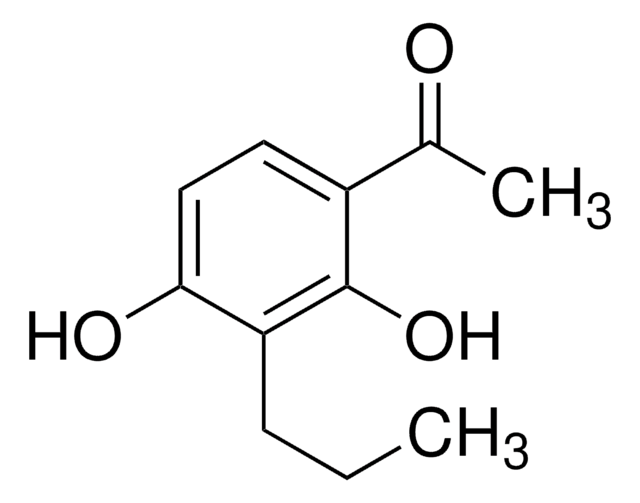481521
Hexaamminecobalt(III) chloride
99%
Synonym(s):
Cobalt hexammine trichloride, Hexaamminecobalt trichloride
About This Item
Recommended Products
Assay
99%
form
powder
mp
217 °C (lit.)
solubility
H2O: slightly soluble(lit.)
ethanol: insoluble(lit.)
density
1.71 g/mL at 25 °C (lit.)
SMILES string
N.N.N.N.N.N.[Cl-].[Cl-].[Cl-].[Co+3]
InChI
1S/3ClH.Co.6H3N/h3*1H;;6*1H3/q;;;+3;;;;;;/p-3
InChI key
JXBGZYGSWFSYFI-UHFFFAOYSA-K
Looking for similar products? Visit Product Comparison Guide
1 of 4
This Item | 158615 | PHR1205 | 240494 |
|---|---|---|---|
| assay ≥99.0% (GC) | assay 97% | assay - | assay ≥99% |
| Quality Level 100 | Quality Level 300 | Quality Level 300 | Quality Level - |
| form liquid | form liquid | form - | form liquid |
| refractive index n20/D 1.424 (lit.) | refractive index n20/D 1.424 (lit.) | refractive index n20/D 1.424 (lit.) | refractive index n20/D 1.424 (lit.) |
| bp 180-183 °C/22 mmHg (lit.) | bp 180-183 °C/22 mmHg (lit.) | bp 180-183 °C/22 mmHg (lit.) | bp 180-183 °C/22 mmHg (lit.) |
General description
Application
- Rhenium (VII) compounds as inorganic precursors for the synthesis of organic reaction catalysts: Investigates the potential of Hexaamminecobalt(III) chloride as a replacement for commercial products in catalyzing organic reactions, highlighting its role in synthetic chemistry (K Leszczyńska-Sejda et al., 2019).
- In situ formation of a molecular cobalt (iii)/AgCl photocatalyst for visible-light water oxidation: Discusses the synthesis and application of Hexaamminecobalt(III) chloride in forming a novel photocatalyst for water oxidation, a critical process in solar energy utilization (H Mogi et al., 2021).
Signal Word
Danger
Hazard Statements
Precautionary Statements
Hazard Classifications
Aquatic Chronic 4 - Carc. 2 - Resp. Sens. 1 - Skin Sens. 1
Storage Class Code
11 - Combustible Solids
WGK
WGK 3
Flash Point(F)
Not applicable
Flash Point(C)
Not applicable
Personal Protective Equipment
Choose from one of the most recent versions:
Already Own This Product?
Find documentation for the products that you have recently purchased in the Document Library.
Articles
Plasmonic nanoparticles have unique optical properties that can be tailored to suit a variety of applications in the biotechnology1–8 and electronics9–16 industries.
Plasmonic nanoparticles have unique optical properties that can be tailored to suit a variety of applications in the biotechnology1–8 and electronics9–16 industries.
Plasmonic nanoparticles have unique optical properties that can be tailored to suit a variety of applications in the biotechnology1–8 and electronics9–16 industries.
Plasmonic nanoparticles have unique optical properties that can be tailored to suit a variety of applications in the biotechnology1–8 and electronics9–16 industries.
Our team of scientists has experience in all areas of research including Life Science, Material Science, Chemical Synthesis, Chromatography, Analytical and many others.
Contact Technical Service










